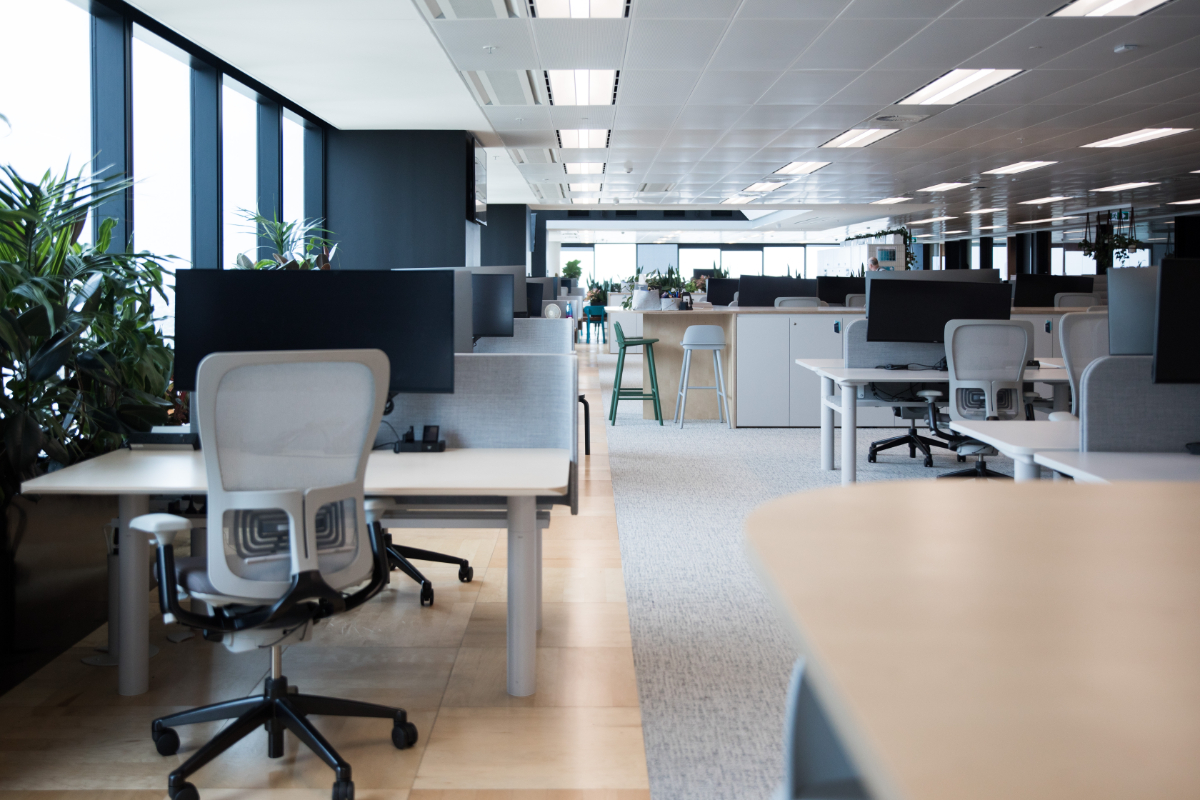
How To Choose Hardware For Your Business
April 4, 2022
How to choose hardware for business?
- Check the offered features
- Evaluate speed and performance
- Identify storage needs
- Ability to stay mobile
- Consider long-term compatibility
- Stay within budget
Your business needs a lot of hardware to operate efficiently — equipment like desktop and laptop computers, servers, printers, portable storage devices, video cards, and more are essential to running a business.
Any type of physical tech product can fall under this category. But because of how useful they are, they can take up quite a bit of your budget. Before loading up your cart with the flashiest items on the market, check your purchase carefully. Here are a few tips on how to choose hardware for business to help you get the most bang for your buck.
Check The Offered Features
Before scouring the tech market for hardware to buy, you should come up with a list of essential features your business needs or uses regularly. Think about what’s non-negotiable for your people, and which features you could probably do without. Based on this list, you’ll be able to narrow down your choices significantly.
For example, a business that regularly produces graphics or prints likely needs a printer that offers various size formats, color printing, and other advanced features. A business that hosts webinars or live streams events for their clients may need professional equipment — like 4K cameras — to provide the best user experience.
Evaluate Speed And Performance

The speed and performance of the hardware you’re considering for your business should also be evaluated. Can they help your people complete the hardest and most complicated tasks for their jobs? Or do you need more processing power to handle that workload?
This is important as choosing the right equipment the first time around is important to reduce future purchases. If you’re unsure of what speed and performance requirements you need to meet, check with your IT department or an IT consultant to evaluate your business’ needs. Make sure to buy high-end processes with ideal clock speeds and typically powerful cores.
Identify Storage Needs
Storage and memory are other important things to consider before buying your hardware. This aspect impacts anything from laptops to thumb drives — you need ample storage on any piece of hardware to hold all important documents, photos, applications, and programs used in your organization.
Equipment storage also affects speed and performance. The closer your people get to filling up data storage capacity, the slower your equipment runs. These two factors go hand in hand, so carefully calculate how much space you need, and what accessories you may need to purchase to supplement storage on your main computing equipment.
Ability To Stay Mobile

Nowadays, businesses need to be mobile. About half of employees in any business work remotely a few days per week. If your business operates with a hybrid workforce, then you should have the hardware to support them.
Help your people access work files and other important data they need for their tasks regardless of where they are with the right hardware. You could provide them with laptops and external hard drives so they can stay productive out of the office, or access information on the go.
Consider Long-Term Compatibility
Aside from its features, check if your new hardware is compatible with your current setup. Can it integrate seamlessly with any existing hardware, software, and other office accessories you have? Or will you need to invest in a few more pieces than you initially planned?
It’s also important to check what hardware purchases are necessary, and how they may play into your business goals. Your hardware should help you and your business grow and scale — not just be quick fixes to immediate issues. As your business grows, expect that your tech needs will also increase — so try to estimate what capabilities your system may need for the next few years, and what hardware has the flexibility to accommodate these changes.
Stay Within Budget

Budget is always an important consideration when you’re investing in new business assets. Hardware can be especially expensive and hard on your wallet — almost half of your IT budget may go to new hardware purchases.
Keeping within a budget doesn’t necessarily mean you have to go for the cheapest option. Evaluating products based on the factors above can help you select the best value components that meet your requirements. There are also several bargain-hunting tactics, such as buying in bulk or replacing key components on older hardware that can help you save money where you can.
Key Takeaway
Hardware is the backbone of every business and can play a big role in your daily operations and future success. Learning how to choose hardware for your business will help you invest in only the best equipment and potentially increase your business’s productivity and profitability.
With all the hardware available, the question is which are the best choices for your business. If you need assistance with making a good investment, send a message to Benito Keh! As a successful entrepreneur and financial expert, he knows the best business tips and tricks for you.




